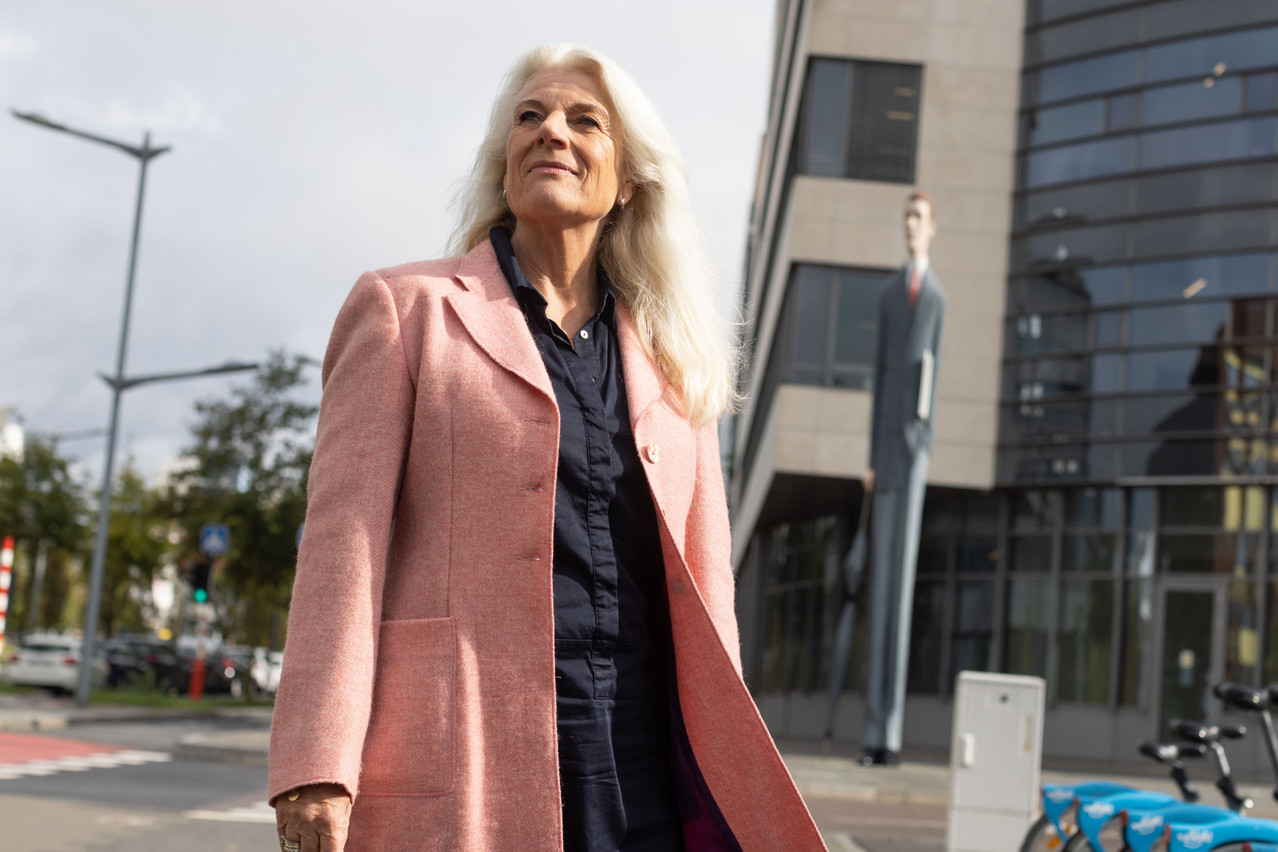As she says, “Companies are really crying out for talent,” but even for the Return2Career founder, it was by coincidence that she came across the concept of “returnships”.
Celosse had helped set up the Executive MBA programme at Sacred Heart University--where she’s also an adjust professor of management, as the school finishes its last courses following the of the closure of its Luxembourg campus--and says the students were increasingly mature, with 20-odd years of work experience.
“Putting them in a ‘normal’ internship situation is hard,” Celosse explains. “There was a clear mismatch and [issues surrounding] overqualification... I said, ‘If we want to grow the Executive MBA programme, I need to find a solution for this internship situation.’”
Through her research, she discovered American giants like Morgan Stanley and Amazon had implemented clear “returnship” programmes, which involved upskilling, mentoring and more for those who had a gap in their CVs. Now under the banner of Return2Career, Celosse is working to have these recognised on two fronts. First, she’s discussing with companies in the grand duchy to consider this as an option to help fill critical talent gaps; second, she’s encouraging individuals with gaps in their careers to join a database she’s building.
Wide variety of returners
Perhaps the first kind of returner that comes to mind is someone who paused their career to be a stay-at-home parent but now wants to return to the workplace. “About 70% of returners are women,” Celosse says. She argues then that not only are returnships good for the talent gap, but they’re “extremely good for your gender equality [and] for your employer branding.”
Taking that one step further, she argues that such programmes can also help attract younger generations: “They want to work for an organisation that has social impact… it’s about making sure that everybody has an equal change of equal opportunity to have a career.”
[Returnships] are extremely good for your gender equality [and] for your employer branding.”
Others in the “hidden workers” talent pool may include freelancers. Even if a potential applicant does not see a freelancing stint as a CV gap, an organisation hoping to hire may see this differently.
Similarly, there are also entrepreneurs who may have taken on a project that wasn’t successful, and they can struggle trying to get back into the job market.
But tapping into this returner talent pool isn’t always so obvious. Not only are larger companies often using AI to vet CVs--in which cases such potential returners could slip through the cracks--but in Celosse’s discussions with companies in Luxembourg, she has noticed at first some reticence on their part to accept that certain candidate skills and competencies are indeed transferable to other roles.
“One of the big things that is happening equally in Luxembourg is that people leave the industry that they have grown up in, and they want to go to a different industry,” Celosse adds. “But then at first you don't have experience in that industry… so it’s all about transferable skills. And that's a hard thing yet [for them] to wrap their heads around.”
More formalised programmes
Accepting returners back to the workplace can also be a strategy to hedge against a dwindling middle management, Celosse argues, “because flow up doesn't happen anymore. A lot of younger, some new entry-level talent move around quickly.”
She says the former career trajectory of x years as a junior, y as a senior and then into partnership levels is no longer so appealing to the younger generation; there are also horizontal moves, even departures altogether as people demand less rigid working conditions, more flexible working arrangements which might be more appealing in other countries.
But hiring a returner should be a conscientious move by the company, Celosse explains, adding that in some Anglo-Saxon countries “they have specific positions in the organisations that they design for a returner profile... this decision is open only to returners [so] they will have to compete, but only with other returners.”
Once a returner candidate is selected, “They will get a programme tailored to the fact that they have not 100% of the requirements [but] when they come in at 70%, that at the end of [a timeframe, normally] six months, they’re going to be back at 100% as they were before.”
Although a “returnship” contract doesn’t exist in the same way an internship contract does, Celosse has hopes for the future. Whereas in other countries, the short-term work becomes a permanent contract, here she says she could imagine moving from a CDD to a CDI.

